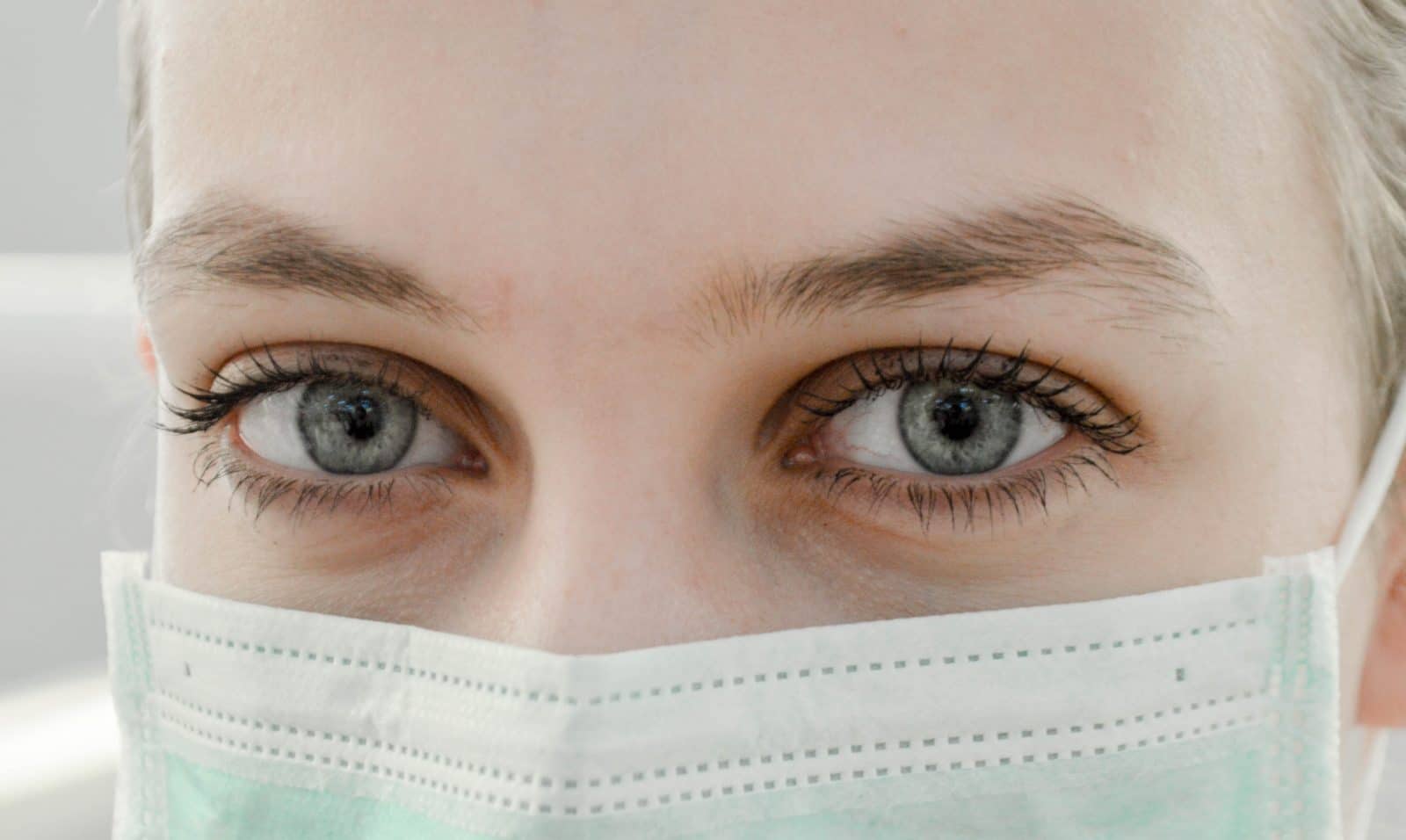Seven in 10 Georgia nurses responding to a survey say they don’t feel safe and equipped to perform their duties as their facilities deal with COVID-19.
The biggest need? Overwhelmingly, it’s personal protective equipment (PPE), the medical gear used to prevent the spread of infection.
The more than 200 nurses responding to the Georgia Nursing Association survey are not identified, and the survey does not reveal where any of them work, or whether it’s at a hospital, a clinic or some other health care setting.
Their comments, though, provide a glimpse of nurses working on the front lines of the crisis.
Here are comments on the PPE problem from four nurses:
“We get one surgical mask per day. Supply is so short. Gowns are in short supply. We share goggles. It’s stressful.”
“As an acute outpatient clinic, our supply orders are not being processed by our vendors. We currently have no N95 respirators. Our glove, cleaning supply, and regular mask orders were back-ordered for more than 1 month before being totally cancelled last week.’’
“Wearing the same surgical mask for 12 hours – the humidity from breathing and it’s impossible to not touch it because the mask slides up into my eyes. Lacking teamwork, morale is very low.’’
“Have to reuse PPE on multiple patients/throughout day/week.’’
Georgia hospitals have acknowledged their ongoing struggle to obtain gloves, masks, gowns and face shields. Gov. Brian Kemp has ordered PPE from the national stockpile of supplies, and his team has sent them to facilities in need.
In Atlanta, Emory Healthcare has opened a drive-through donation site, located on Clifton Road, for personal protective equipment and supplies for front-line health care workers. Emory medical students are collecting PPE for Grady Memorial Hospital in downtown Atlanta. And Kemp last week asked businesses to help provide, produce, distribute or store critical medical items the state needs to fight the spread of the virus.
Shortages of PPE have beset the country as a whole. The American Hospital Association, the American Medical Association and other medical groups issued a statement Friday that said “we are vitally concerned with the shortages of masks, face shields and other personal protective equipment (PPE), ventilators, swab kits, and testing capacity that are critically needed by front-line caregivers and patients.’’
Nurses and doctors at facilities across the United States, in various media reports, have voiced their concerns about the shortages.
Anti-infection protocol not always followed
Some Georgia nurses responding to the survey say patients’ health could be compromised under current conditions.
One said that some patients at the facility who may have the disease are not in negative pressure rooms, which are used to contain airborne contaminants.
Even the new safety-motivated restrictions on patients’ visitors, one nurse said, “will provide an uncharted strain on the mental health and well-being of end-of-life care patients and their families.’’
Other problems cited include nurses not being tested for COVID-19 – and delays in obtaining lab results for patients who have been tested.
“We don’t have enough supplies. N95 masks, masks with face shields, PPE. And it’s taking on average 7 days to get results back on patients so if they come back negative then the already low supplies we have are just wasted!”
“I am currently self-isolating and symptomatic and my facility refused to test me despite the fact I had been out of the country’’
“I developed symptoms and as an RN I have yet to be tested for COVID-19. I don’t feel comfortable returning back to work until I know for certain whether I am positive for this virus or not. How can I safely perform my job and not know if I am spreading this virus to my patients as well as my coworkers?’’
Some nurses expressed fear about their own safety.
“We are instructed to use minimal protection due to shortage, not to use even a regular mask unless the [patient] has symptoms or PUI [person under investigation for coronavirus]. Some patients became PUI next day, however we are already exposed with minimal protection prior to the precaution.’’
“Nurses are afraid for their safety and that of their families. Our lives are on the line and we do not trust administration to put our well-being and safety first. We don’t believe a word they say.”
“I’m just scared to even step into the building.’’
Other medical staff feel jittery as well.
“Our supplies are just too low: PPE, bleach wipes, thermometer covers, gowns. Non-clinical staff are afraid. Environmental services, pharmacy, and food service staff are nervous about doing their jobs. They don’t feel safe. It affects patient flow, timeliness of medication administration [i.e., giving patients their medicine], and patient care’’
Many nurses said their facilities – and America in general – were not prepared for the pandemic. The consequences can be severe, one nurse said.
“If we do not receive the PPE we require, more health care workers will be home sick and we will not have enough staff to care for the sickest patients that need us the most.”
The Georgia Hospital Association said in a statement Monday that hospitals across the nation “are in need of additional personal protective equipment for our frontline medical staff as they care for all patients.”
“Keeping our health care workforce safe is a top priority for our hospitals. Hospitals are following current CDC best practices and encouraging our nurses, physicians and other clinical staff to adhere to the recommended PPE conservation methods to ensure their own safety as hospitals cope with the shortage.”


